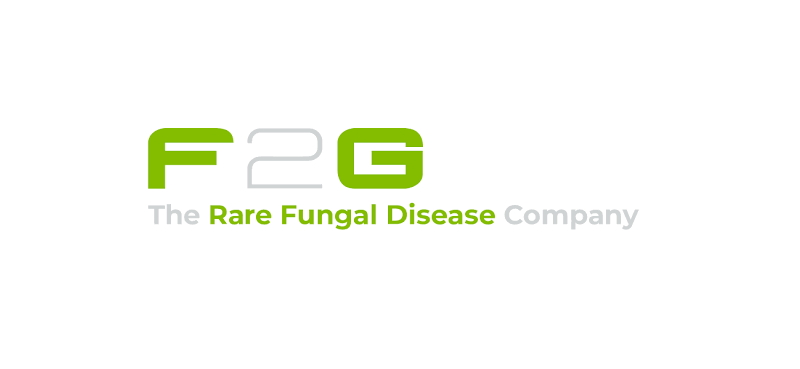FDA says no to F2G’s novel antifungal

F2G’s attempt to end a two-decade drought in novel therapies for invasive fungal infections has hit a hurdle after the FDA said it was unable to approve its olorofim candidate.
The US regulator sent a complete response letter (CRL) to the company, saying that it required additional data and analyses that would make it unable to complete its review within the allotted review time, which was scheduled to end on 17th June.
UK-headquartered F2G said that the FDA had, however, encouraged it to work with the agency on shoring up the data for the drug and re-filing its marketing submission.
The main clinical trial supporting olorofim (Study 32) – conducted in systemic fungal infections including invasive aspergillosis, scedosporiosis, lomentosporiosis, fusariosis, scopulariopsosis, and coccidioidomycosis – was still ongoing when the drug was first filed, but has now been completed and will underpin a revised application. F2G has not indicated how long it may take to get that ready.
Preliminary results from 100 patients enrolled in the trial were reported at IDWeek 2022 last October and showed that 44% of patients had either a complete or partial response at day 42. If those with stable disease were included, the overall response rate was 69%.
Olorofim (F901318) is the first in a new class of orotomide antifungal agents intended to provide a new treatment option for serious fungal infections when the current armamentarium of azoles, echinocandins, and polyene-based medicines fail.
Resistant infections remain rare, but have been becoming more common as some of the current drugs have lost activity, particularly azoles, which have seen rising levels of resistance because they are also used in agriculture.
Recognising the need for new therapies, the FDA granted F2G a breakthrough designation for olorofim in 2019. Japanese Shionogi came on board last year, paying $100 million upfront to license European and Asian rights to the drug, with F2G retaining rights in North America.
F2G’s chief executive, Francesco Maria Lavino, said the company is “disappointed” with the outcome of the filing, but remains “optimistic about olorofim’s potential to address an unmet need for patients with invasive fungal infections who have exhausted their treatment alternatives.”
Along with the phase 2b study, F2G and Shionogi are also running a phase 3 trial called OASIS that is comparing olorofim to Astellas’ AmBiome (liposomal amphotericin B) – a standard therapy for resistant fungal infections – in invasive aspergillosis. Results from that study are due next year.
Orotomides target the fungal enzyme dihydroorotate dehydrogenase (DHODH), a different mechanism from that of the currently marketed therapies giving them fungicidal activity against a broad range of rare and resistant infections, according to the UK biotech.












